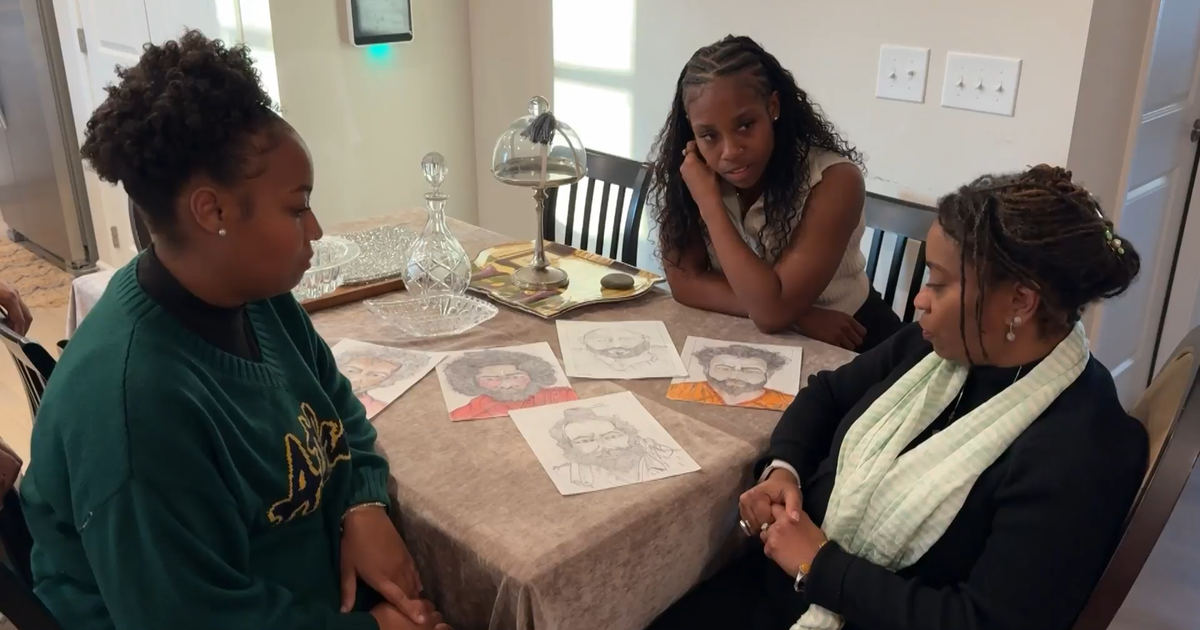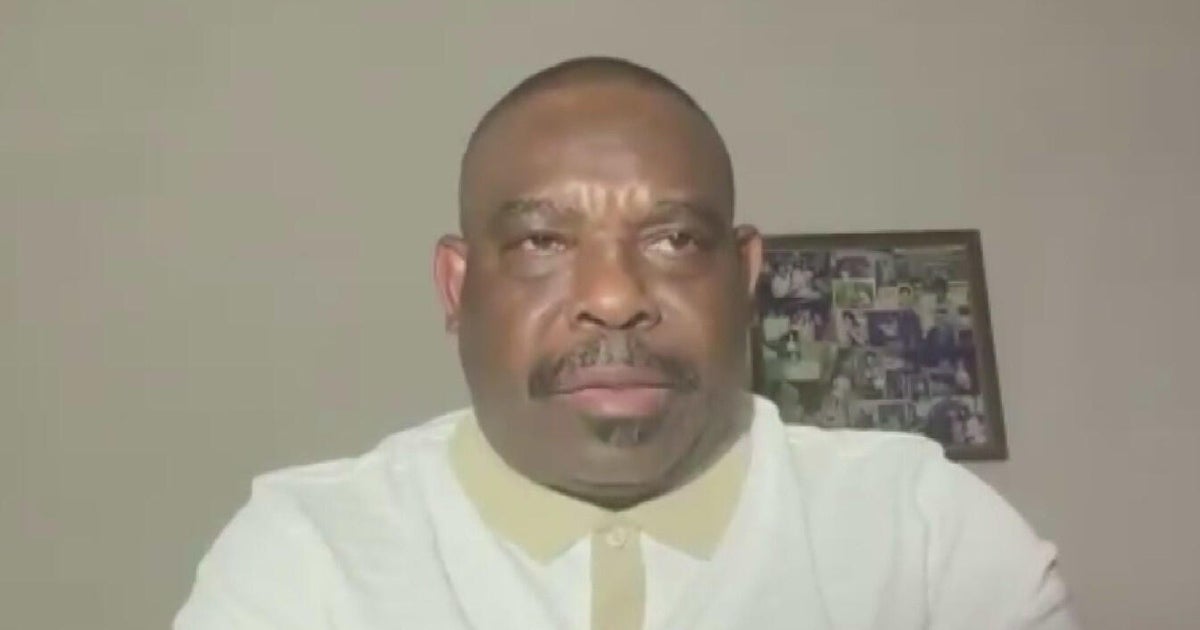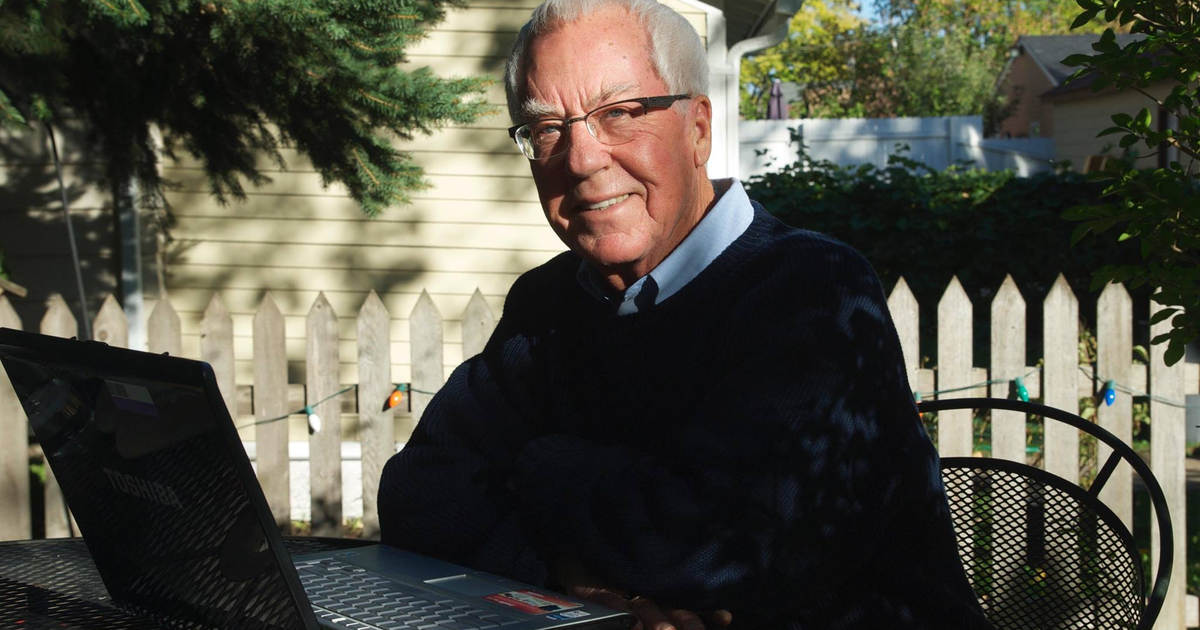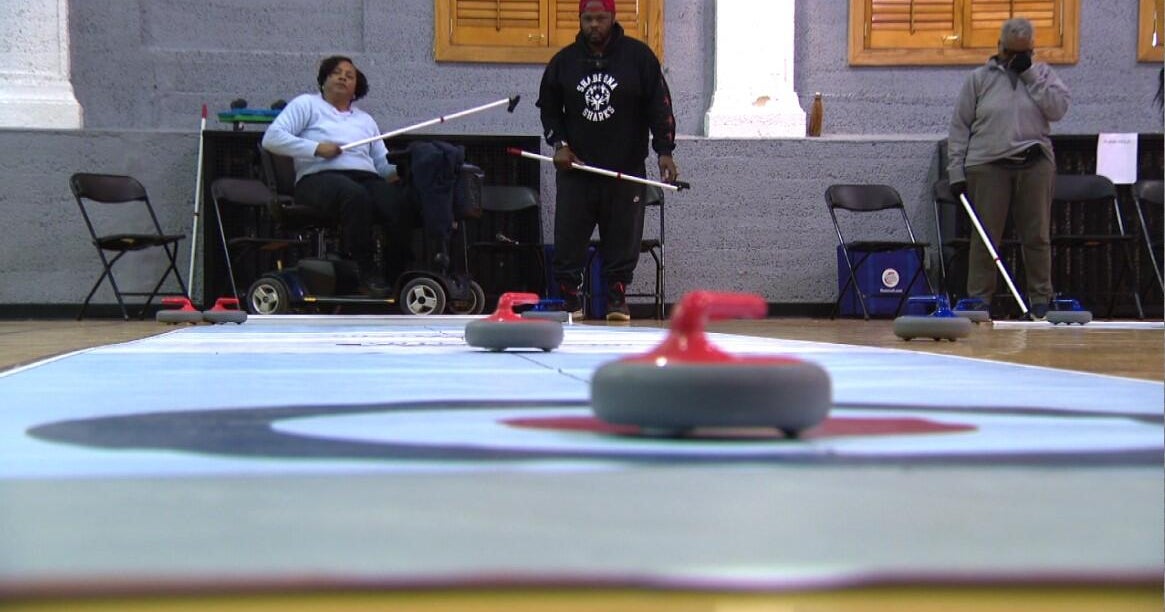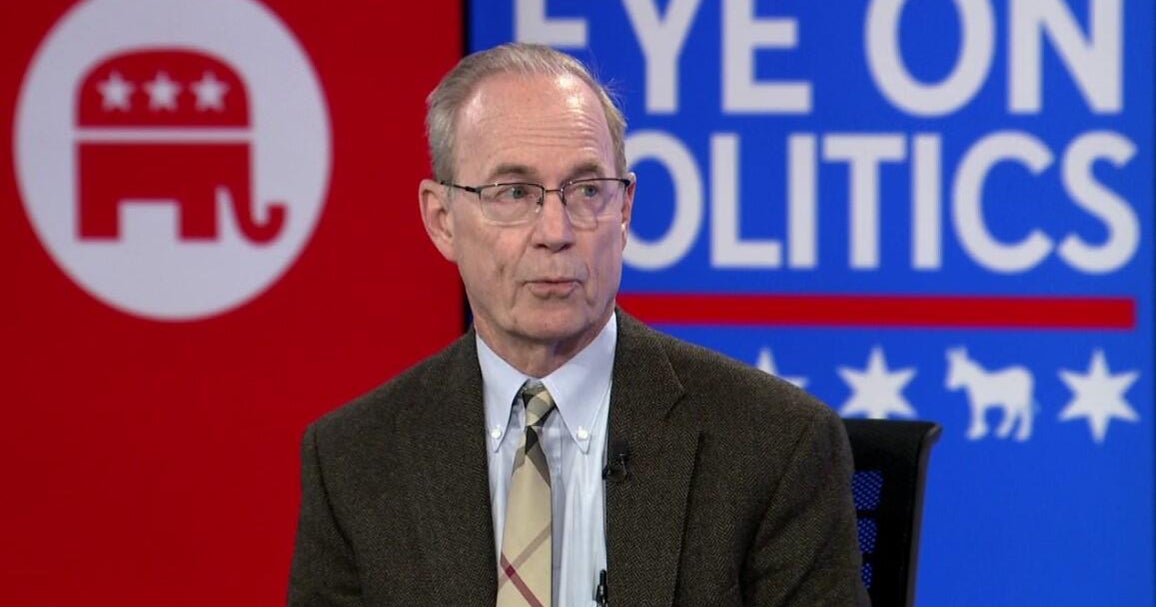WCCO Veterans Talk About Their Service
In honor of Veteran's Day, we decided to talk to some veterans who work here at WCCO. We spoke to seven former servicemen--guys who work behind the scenes as well as a few familiar faces. Here are a few of their memories of time in the military:
Mike Kraemer, WCCO-TV Engineer: I'm Mike Kraemer, I work in the technical operations center and I served from 1972 to 1974 in the Army.
Reg Chapman, WCCO-TV Reporter: I'm Reg Chapman. I'm a reporter here at WCCO-TV. I'm a former combat medic with the United States Army.
Dave Bissonnette, WCCO-TV Photojournalist: I'm Dave Bissonnette. I'm a photojournalist at WCCO in the news department, and in the military I was a weather observer.
Don Shelby, WCCO-TV Anchor: My name's Don Shelby. I'm an anchor and reporter at WCCO-TV. I spent four years in the United State Air Force. You can call me Sgt. Shelby if you like to.
Randon Brown, WCCO-TV Web Producer: I'm Randon Brown. I enlisted in the U.S. Marine Corps when I was 19 and turned 20 in Boot Camp. Toward the end of it, I was disabled.
Kerry McNally, WCCO-TV Reporter: I'm Kerry McNally. I'm a reporter here at WCCO. I served in the United States Marine Corps for 4-year active, 2-year inactive reserves.
Peter Molenda, WCCO-TV Editor: My name's Peter Molenda and I used to be a photojournalist at Channel 4, and now I'm an editor part time, and I was in the United States Army. And I was in the Army for 3 years from 1966 to 1969, and it wasn't much my choice -- I was drafted.
Kraemer: I was drafted. It changed my life. I was going to school, I was a music major at college and I decided I just wanted to play in a rock band, so I got a letter in the mail to show up downtown here… I went down there and didn't come home for 2 years.
I didn't do very good in high school in gym but I looked pretty good in basic training compared to some of those guys. I never went to Vietnam. I came close to going but it was so near the end that they decided not to send me.
Molenda: I was in Vietnam for a year. I did not have nearly the kind of experience in Vietnam that a lot of young people men did. I was a motion picture photographer and I traveled all around the country and saw quite a bit, but mostly did documentation, historic documentation, for the Department of Defense. I was on that kind of photo team.
My experience also put me in contact with people -- servicemen who had been injured and also civilians who had been injured. That was the part that probably changed me most dramatically when I was in the service. I, I just couldn't see much reason for the way people were being hurt by war.
Chapman: I felt it was something every American male should do, to serve their country, at least for a short period of time. I was always intrigued by the military, the travel, the camaraderie, uh, so I went. Didn't know about a war, didn't know I would be serving in the war. I'm glad I took my training seriously.
(How long were you at war?) 1 year, 21 days, 13 hours. Not that I was counting. It was really a traumatic experience for a 20-year-old from a small town to end up in Saudi Arabia and eventually Kuwait City ... It really does mold you. When I went into the military I was a boy and when I came out, after 8 years of active Army and reserve duty, I was a man.
Shelby: It gave me structure. It gave me discipline. It gave me responsibility. And it gave me a sense of duty. If you're mission-oriented, and that's what the military teaches you, then mission first, you second. So getting the story out for instance, working long hours for instance, those came with the territory if you were going to get the mission done.
McNally: When you sign up, you get all excited and fire up, and then you get on this airplane and you get on this bus, and then you find yourself in Paris Island, South Carolina and then you do ask yourself, "What have you done?" but ultimately it was the best thing I ever did. It was the best decision I ever made in my life.
Brown: I injured my hip and it was permanently disabled and had to be discharged.
(Do you feel you paid a big price?) I've never felt that way. I got a great deal out of the service personally. I regret not being able to give them more. I feel like the Marine Corps and I were kind of cheated by my injury, so I don't regret going. However, it was a very valuable experience, even being disabled. I've come to terms with it. I have been for 8 years now, so it's just part of my daily life. I don't even think about it.
Bissonnette: I was drafted and I was not interested in the war. I tried everything I could do to get out of it, to tell you the truth, and I finally went down after I realized I was gonna go, cause of my draft number.
I went down to take the Air Force and Navy tests, cause I thought there would be less fighting with them, then pounding the ground with the Marines or the Army. I had to reach inside of me and say, "Who am I?" I'm in this foreign place. I'm with all these different people. Who is the real Dave Bissonnette, y'know? I mean, and that allowed, that matured me, that made me become who I am today, I think. I really do think it was a plus for me, even though I regret, I didn't want to go in (laughs).
Paula Engelking, Producer
Contact Paula

